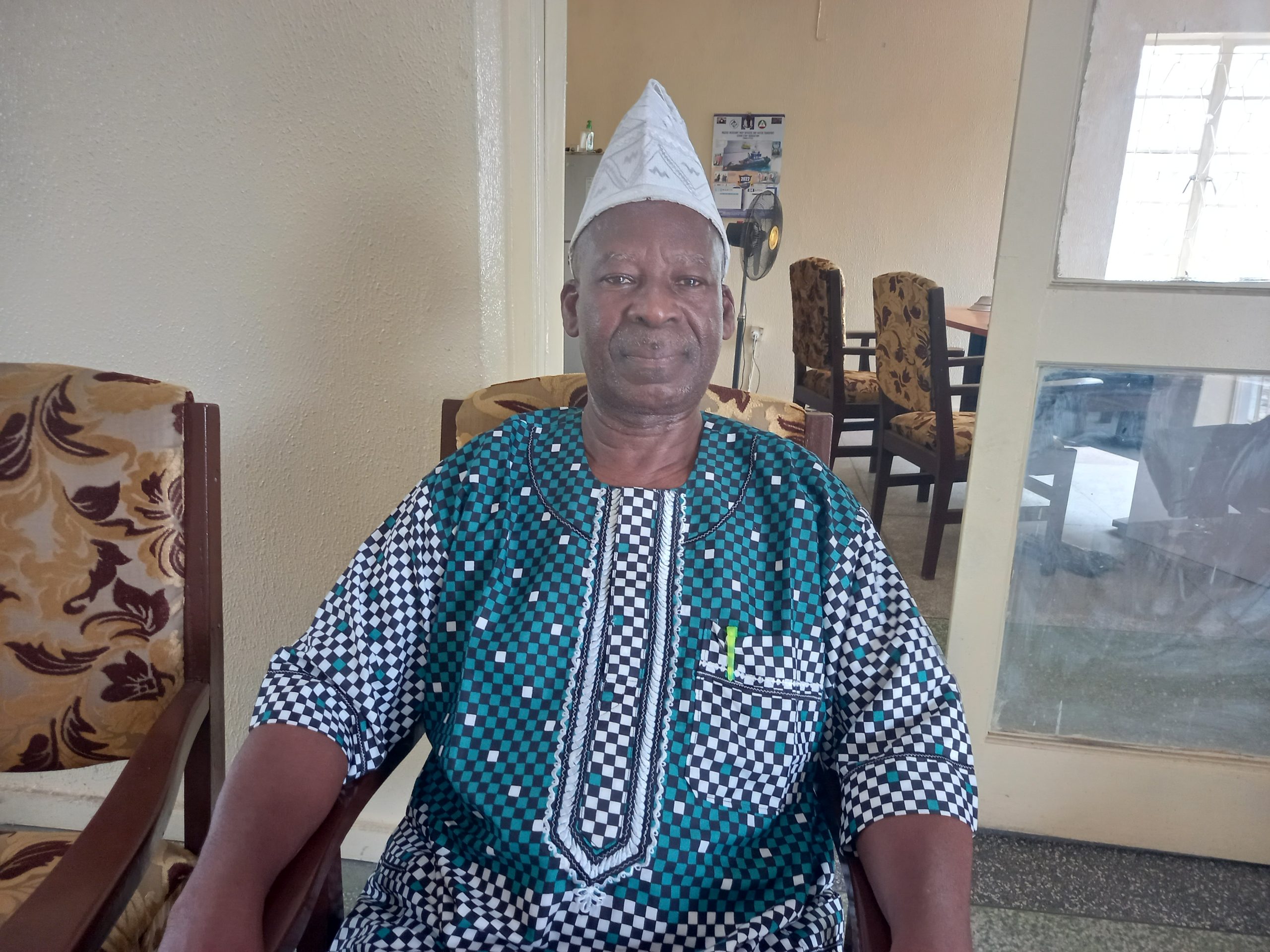Since the beginning of the Russia-Ukraine crisis on 24 February, 2022, the rest of the world has nursed one common fear- shortage in wheat supply, and in effect, scarcity of bread.
However the fears, a former president of the Nigerian Association of Master Mariners(NAMM), Captain Adewale Ishola, is confident that the crisis situation should not deprive the world of eating bread because wheat is grown in all continents.
Meanwhile, global wheat demand for bread production is high, especially in the Middle East and North Africa, where bread is a staple food.
A report published recently by Aljazeera shows findings from a 2019 study place Egypt on the top of the list of countries importing wheat from Russia and Ukraine.
While Egypt’s $2.5billion worth of wheat importation from Russia placed it as top on the list, Turkey and Bangladesh occupied second and third positions respectively. Nigeria was placed on fourth position with wheat import of $394 million.
Looking at the need for adequate focus on local agric development, Captain Ishola talks about how the rest of the world can begin to improve on the volume of their wheat production, because according to him, every continent is has wheat-growing zones.
The Captain believes that Nigeria can encourage wheat production in large quantities just as it did with the local production of rice and reduced the rice importation.
Concerns with food scarcity as a result of the Russian-Ukraine crisis
We are all lovers of bread, so when we are talking about wheat, we are all concerned.
I remember in my days in high school studying geography, God in His infinite mercy has given every continent a space where they grow wheat; in South Africa, we call it the Veldts – a region where they grow wheat. They have in South America- Pampas of Argentina and the coastal areas, where they grow wheat. In North America, between Prairies of Canada (Manitoba) and the United States of America, especially Dakota region, there are areas where they grow wheat. In USSR of old, there are areas of growing wheat. In Nigeria, we are lucky too. We grow wheat locally.
So that is how nature has made it, that nobody is indispensable. I just want to allay the fears of people that because of Russia-Ukraine crisis there won’t be wheat available in the world again. They may have a large stock from that area, because of the mass production, compared with other regions. But, to say that there are no other areas where wheat is produced, it is not true. Every continent has a wheat belt.
Nigeria’s problem even though we plant wheat
I think our problem is because we are import-oriented as a country. Just like rice; it took a long time for government to realise and take action that Nigeria can be self-sufficient in rice production. We have seen even collaborations between states like Lagos and Kebbi- LAKE Rice.
We just need to be focused on bringing out value from what nature has given to us. We can even revisit the idea of using cassava flour, as a matter of necessity and innovation. Once we have the enabling environment, we can develop a lot from what we have.
An important thing that government should do to develop agriculture is to sponsor the farmers; buy their produce, give them a kind subsidy so that they are not attracted to trading their agric produces abroad, in order to earn more money. This way, farmers are encouraged to grow more. This is what the European nations do; subsidize their farmers. Americans do the same. Why can’t we do the same, to help the economy grow better?
The focus on what to do with using wheat
We know that apart from rice, our next staple food is bread. In fact, government should focus more on agricultural development. Dr. Femi Adesina did a lot when he was the minister of agriculture. We can focus attention to wheat production, millet production as well. We can support the planting of maize as well, because we do an all-year-round planting of maize, like three times a year.
We just need government to encourage the farmers. We should have other incentives like the distribution of fertilizers to the farmers. In the south, no need for fertilizers because our soil is good enough to produce crops, but the North needs fertilizers. Our petrochemical industry should be doing that. But when the industry is comatose other areas also suffer.

































































